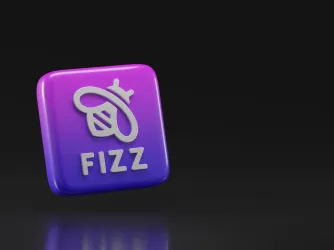Table of Contents
Right to counsel, right to confrontation among due process rights afforded to Arizona students under 2018 legislation

In 2018, Arizona enacted HB 2563 (now Ariz. Rev. Stat. § 15-1866), a bill on campus free speech that FIRE criticized for missing the mark in some key respects. FIRE’s analysis of the bill focused exclusively on the aspects of the legislation that affected students’ free speech rights. We recently revisited the bill’s language and found that the final version, while still flawed on free speech grounds, greatly expanded the procedural safeguards guaranteed to students enrolled at public institutions of higher education who are accused of misconduct. So today, we are pleased to belatedly report on the robust procedural protections provided by the statute. The relevant language in the statute reads:
In all disciplinary proceedings involving students, including proceedings involving expressive conduct, a student is entitled to a disciplinary hearing under published procedures that include, at a minimum, all of the following:
(a) The right to receive advanced written notice of the allegations.
(b) The right to review the evidence in support of the allegations.
(c) The right to confront witnesses who testify against that student.
(d) The right to present a defense.
(e) The right to call witnesses.
(f) A decision by an impartial person or panel.
(g) The right to appeal.
(h) If either a suspension of more than thirty days or expulsion is a potential consequence of a disciplinary proceeding under this section, the right to active assistance of counsel.
The original text of the bill limited the above rights to only those situations where a student was facing campus discipline for allegedly disrupting a campus event. The final text, however, applies these rights “[i]n all disciplinary proceedings involving students.” This significant change means that any student at a public institution of higher education in Arizona now has all of the substantive rights listed in the statute, including the right to receive advanced notice of the allegations, the right to review evidence, the right to confront adverse witnesses, and other key rights. (The statute only requires the school to share the evidence that supports the charges, however. Unfortunately, it does not require disclosure of exculpatory evidence in the university’s possession.)
Perhaps most importantly, in cases that could result in a suspension of more than thirty days or an expulsion, the student is entitled to active assistance of counsel. This is an incredibly important development that Arizona students need to be aware of, so they can fully exercise their rights. While FIRE will continue to urge the legislature to amend the legislation to fix the free speech problems it presents, we are excited to get out the word about the strong due process provisions now in effect.
Recent Articles
Get the latest free speech news and analysis from FIRE.

Can the government ban controversial public holiday displays?

The trouble with banning Fizz

FIRE's 2025 impact in court, on campus, and in our culture
